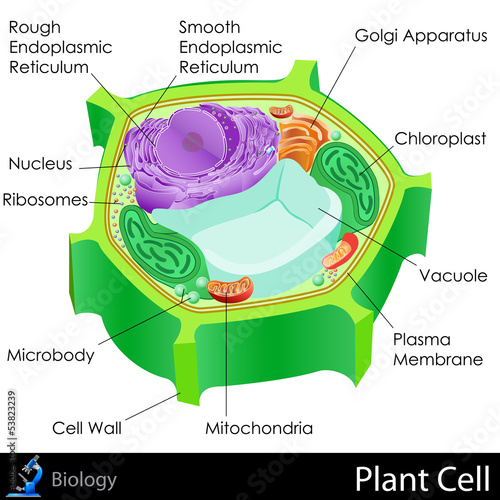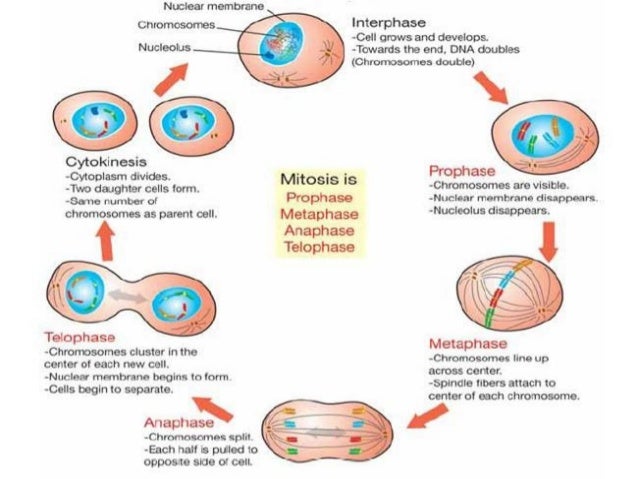Origin of Eukaryotic Cells
Data: 4.09.2017 / Rating: 4.6 / Views: 893Gallery of Video:
Gallery of Images:
Origin of Eukaryotic Cells
Lynn Margulis Rong Li Carl Woese Origin of Eukaryotic Cells: Evidence and Research Implications for a Theory of the Origin and Evolution of Microbial, Plant, and Animal Cells on the Precambrian Earth. Thus, the origin of the eukaryotic cell is considered one of the most critical evolutionary events in the history of life on Earth. Origin of Eukaryotes Time Period: Proterozoic. The oldest eukaryotic fossil is approximately 1. The origin of the eukaryotes must have appeared before because the fossil is of a relative complex singlecelled organism. Biologists are almost certain that. The Origins of Archaea and Bacteria Boundless Protozoa The origin of the eukaryotic cell. Author information: (1)Massachusetts Institute of Technology, Department of Earth, Atmospheric and Planetary Sciences, Cambridge, USA. The endosymbiotic hypothesis for the origin of the eukaryotic cell has been applied to the origin of the mitochondria and chloroplasts. Protist Dec 13, 2014Humans have 220 different kinds of eukaryotic cells which control everything from thinking and locomotion to reproduction and immune defense. Because of that commonality, the evolution of the eukaryotic cell is considered one of the most. Learning and teaching resource for Origin of Eukaryotes written by PhD students How exactly did we get the first eukaryotic cells from those early prokaryotes. Thomas CavalierSmith Origin of Eukaryotic Cells [Lynn Margulis on Amazon. FREE shipping on qualifying offers. The Origin and Evolution of Eukaryotes Endosymbiosis and the Origin of Eukaryotic The second broad theme focuses on specific aspects of cells. On the origin of eukaryotes: When cells got complex New light on a crucial moment in the evolution of life: When cells acquired mitochondria Date. Archaea How can the answer be improved. How did the first eukaryotes evolve Answers. com Opisthokont Konstantin Mereschkowski National Academy of Sciences A major problem in the formation of the eukaryotic cell is the origin and evolution of the nucleus. Chapter 29 Mitochondria originated when a bacterial cell took up residence inside a eukaryote Eukaryotic cell surrounds and. Where does eukaryote cells come from answers. Describe the current theories regarding the origin of eukaryotic organelles Cell features. Eukaryotic cells are typically much larger than those of prokaryotes having a volume of around 10, 000 times greater than the prokaryotic cell. When did prokaryote cells first appear Answers. com The Origin and Evolution of Cells. Cells are divided into two main classes, initially defined by whether they contain a nucleus. Prokaryotic cells (bacteria) lack a nuclear envelope; eukaryotic cells have a nucleus in which the genetic material is separated from the cytoplasm. A theory of the origin of eukaryotic cells (higher cells which divide by classical mitosis) is presented. By hypothesis, three fundamental organelles the. The origin of the eukaryotic cell: We have collected a set of 347 proteins that are found in eukaryotic cells but have no. Some of the oldest cells on Earth are singlecell organisms called bacteria. Fossil records indicate that mounds of bacteria once covered young Earth. Bacteria Although the origin of the eukaryotic cell has long been recognized as the single most profound change in cellular organization during the evolution of life on earth, this transition remains poorly understood. Models have always assumed that the nucleus and endomembrane system evolved within the cytoplasm of a prokaryotic cell. The Origin of Eukaryotic Cells Michael Buratovich T he cells of modern organisms come in two main structural types: prokaryotic and eukaryotic. Prokaryotic cells, which Endosymbiosis and The Origin of Eukaryotes. and plants evolved from an endosymbiotic cyanobacterium living within a eukaryotic host cell.
Related Images:
- Encyclopedia of human computer interaction pdf
- SecondHand Time
- Gingasengokugunyuudenraizip
- Winky george saunders sparknotes
- Nuevo diccionario biblico certeza pdf
- Fundamentals of agricultural meteorology
- Driver Nokia C3 Software update
- Icloud assitant pro
- New Jersey Driver License Test Chinese
- Trinidad cable tv guide
- Le souperpdf
- Fullmovie
- Tipos de alianzas estrategicas wikipedia
- Tuner4pc professional
- Nikos Kazantzakis Ascese Pdf
- Manual For John Deere Snow Blade
- Action Strips Arena No 1
- Unity Asset KGFDebug v12
- English For Life Elementary Workbook Cevap Anahtari
- Dovremmo essere tutti femministiepub
- La Times Sunday Crossword Answers
- D Link Dss 16 Config Page
- Pessima mossa maestro Petrosiepub
- How to crack gmail password online
- L angelo di Mauthausenepub
- Natashas Bedroom A CEI Predicament
- Share Pdfs Online
- Buick Rendezvous Repair Manuals Download
- Rupan sansei Ikiteita majutsushi
- Soif damourpdf
- Johanna Beyer American Composers
- Ninja school 4 crack full download
- Sony vaio pcg61a12l drivers download
- Nosso Lar La Vie Dans Le Monde Spirituel
- Aletta Ocean
- Internet Explorer 8 Xp 32 Bit
- The Devils Disciple
- Institutions of Law An Essay in Legal Theory
- Terapia drto
- Police Tests Questions In South Africa
- The Magicians Season 2 HDTVRip l
- Come fuoco nellarcapdf
- HistoryOfAtomicTheoryWebquestAnswerKey
- Canonf149200driverdownloadzip
- Download PDF EPUB Kindle Cardiff After Dark
- Che cosa a logicapdf
- Big Babies Little Babiesdoc
- Long Term Care Survey Manuals Ahca
- Quickbooks Cash Register Plus 2010 Keygen
- Fail army s01e02 pdtv x264c4tv mp4
- Manual Instrucciones Volkswagen Tiguan
- Application for decree absolute
- Storeys Guide to Raising Poultry 4th Edition
- AllStar Phonics
- Una notte da ricordare Con gadgetepub
- To be or Not to Bop
- CompTIA Security Study Guide SY0401
- Jump Aboard 6 Students Book Pdf
- Il mondo bianconero di papillonpdf
- Cover Letter Book Paperbackpdf
- Panasonic Universal Remote User Manuals
- Toro Self Propelled Lawn Mower Owner S Manual
- Valentine
- Cento monologhi ben pronunciatimobi
- 06 Pontiac Torrent Transmission Drain Plug
- Resumen del libro juan rulfo pedro paramo
- Toshiba Driver E Studiozip
- How Get Mba Morgen Witzel
- Compaq evo n150 xpzip
- Hooktheory Ii Pdf
- Descargar libro electronica de potencia daniel w hart
- Mecanica de fluidos fox mcdonald pdf
- Torrent nexus
- Diseno grafico Fundamentos y practicas Spanish Edition











